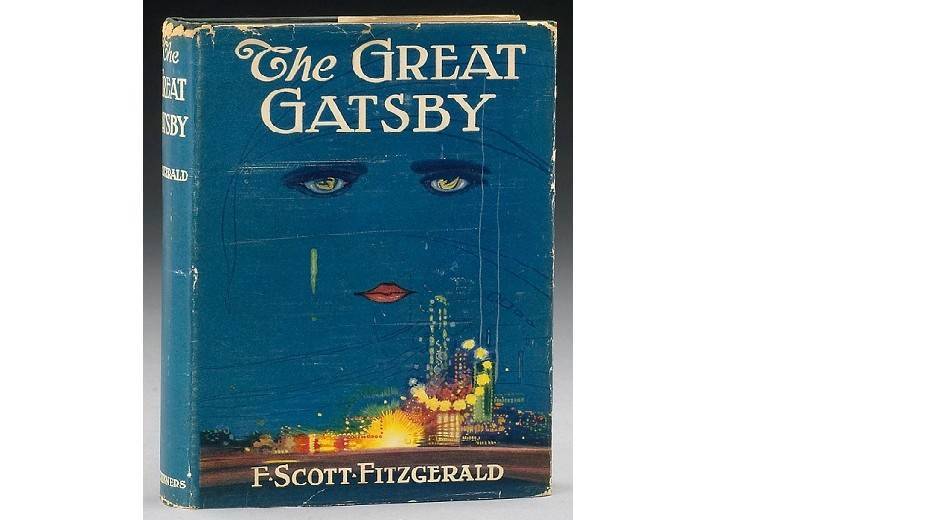UEA India Inaugural Symposium: Literary vs. Market Activism and the Future of Publishing
‘Gatsby believed in the green light, the orgastic future that year by year recedes before us. It eluded us then, but that’s no matter – tomorrow we will run faster, stretch out our arms farther…And one fine morning… So we beat on, boats against the current, borne back ceaselessly into the past.’ – F. Scott Fitgrerald, The Great Gatsby
Who should decide what is or isn’t good art?
This is one of the key questions, which will be raised at the University of East Anglia Inaugural Symposium: Literary Activism vs. Market Activism, being held at Jadavpur University and Presidency University from December 2nd to 4rth.
The symposium is part of the UEA in India initiative, which was conceived by former Dean of Arts and Humanities, Professor Jon Cook and Martin Pick (formerly of Tibor Jones) whose family has been a supporter of the UEA’s engagement with South Asia.
For the last four years, the UEA has been holding a creative writing workshop in Calcutta, which has been organized by Professor and writer Amt Chaudhuri.
‘I had met Jon and Martin at Worlds Literary Festival in 2005, and had already arranged to teach one semester, the fall semester, in Norwich. I was spending most of the rest of my time in Calcutta when I was asked to direct the workshop in India,’ recalls Chaudhuri.
The Cook and Pick new that with Chaudhuri in the mix, that the workshop would likely be held in Calcutta, and this held special appeal due to the literary history and the sense that the city had experienced a long decline. The thought that any contribution that could be made to the city’s cultural revival would be a plus.
The workshop has gone on to be quite successful, and is now partnered by the British Council and The Kolkata Literary Meet.
The symposium was envisioned as a forum in which the pubic engaged with writers to discuss a specific set of topics within a pre-selected theme.
With traditional independent publishing being almost supplanted by large publishing houses in the 1990s, market forces have driven literature for some twenty years, Chaudhuri says. Huge advances were paid out to writers, and it has not been uncommon for them to go unrecovered by the publisher. Chaudhury feels that the failure of this business model has led to further consolidation in the publishing industry, and today a small number of people drive literary taste.
The Great Gatsby stands as a case in point that market forces don’t always measure the worth of a literary work. The classic of American literature, which the board of The Modern Library ranks second only to Ulysses by James Joyce as the best American Novel of the 20th Century was a commercial flop, selling only 20,000 copies. Fitzgerald wrote of his depression on reacting to its reception, and he personally made only $2,000 from it.
Chaudhuri believes that strong literary activism resulted in giving this book its due – but others would say the opposite: many critics had panned it. Ralph Coghlan of the St. Louis Post-Dispatch felt the book lacked what made Fitzgerald’s earlier novels endearing and called the book “a minor performance … At the moment, its author seems a bit bored and tired and cynical.” Ruth Snyder of New York Evening World called the book’s style “painfully forced”, noting that the editors of the paper were “quite convinced after reading The Great Gatsby that Mr. Fitzgerald is not one of the great American writers of to-day.” Gatsby, himself, was especially pained that the critics seemed to have no idea what the book was about.
Those arguing in favour of the intelligence of the market say that Gatsby is evidence of their thesis. The publisher kept it in print, despite poor sales, with the hope that the market would realize its value, and through adaptation to stage and film, the book gained new prominence in American culture.
The truth likely lies in a combination of the above, and we are likely to hear arguments around this topic and others, which are germane to the literary industry, at Jadavpur and Presidency, this week.
For more information on the symposium, please click on the following link: UEA India Inaugural Symposium
 The Global Calcuttan Magazine
The Global Calcuttan Magazine 